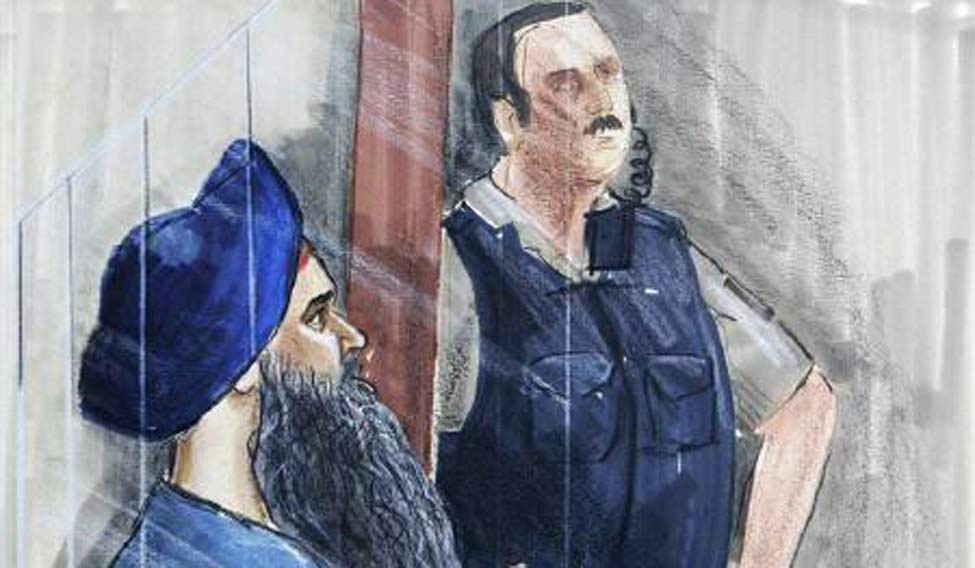On Wednesday, Inderjit Singh Reyat walked free — an event that left many Sikhs, who have made Canada their home, upset, hurt and even angry.
Reyat, an auto-mechanic and immigrant from Punjab's Doaba region, was convicted in the Air India Kanishka bombing and spent over 20 years in Canadian prison. In January 2016, the Canadian government had released Reyat on parole.
Reyat made the bomb that blew up an Air India Boeing, named after Emperor Kanishka, in 1985. The aircraft shredded into pieces as it flew over the Atlantic, near Ahakista, a picturesque south-western town in Ireland.
Now, an Air India Memorial stands at Ahakista, built by the families of the victims. Some of them continue to visit the place where the first few bodies were recovered.
The American media had then defined the attack, with 329 reported casulaties, as the worst terrorist act in the history of North America. This was before New York's Twin Tower was razed to the ground in 2001 by the Al-Qaeda.
Majority of the deceased — about 268 — were Canadian citizens. The ill-fated flight also carried a few Indian and British citizens, apart from the Indian crew.
All the Canadian citizens who were killed were brown-skinned, like Reyat. However, unlike him, most of them were young second-generation immigrants from Punjab who were on their way to spend their summer vacation in India.
The Canadian police, as well as the commission set up to probe the attack, suspected India-based Khalistani militant organisation 'Babbar Khalsa' to be behind the 'mass murder' — as Canada terms it. Investigations were conducted around the world since similar bombs were found from Tokyo's Narita airport around the same time.
Initially, there were eight main suspects, all pro-Khalistan activists. A year later, however, the number came down to five, including Reyat.
Two of them, Ripudaman Singh Malik and Ajaib Singh Bagri, against whom there were charges on 329 counts of first degree murder, were acquitted in 2005. The Royal Canadian Mounted Police dropped charges against Talwinder Singh Parmar, one of the accused, for want of sufficient evidence.
However, the investigators found material evidence linking the bomb to Reyat, when they raided his house. In 1986, Reyat pleaded guilty to making the bomb, adding he had no idea what it was meant for. But he was arrested in June 2001, and the trial, in fact, began only in April 2003.
The legal battle that followed the terrorist attack was long, with some Calgary and Toronto-based Canadian Sikhs alleging that had the victims been white-skinned, the Canadian government would have pursued the investigation more seriously.
Some had even complained that the Indian government washed their hands off the case since most of the victims were Canadian citizens.



